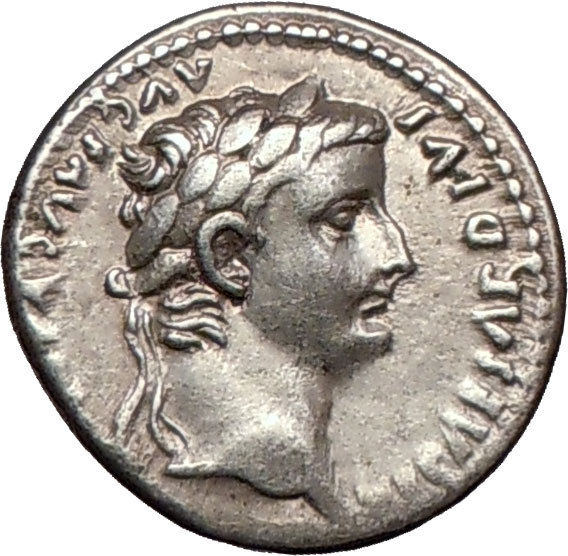October 16, 2005
Matthew 22: 15 – 21
The following letter was found in the files on the Internal Revenue Service. “Dear IRS, my conscience has been bothering me. I am including a check for $5,000 to pay my back taxes.” At the bottom of the letter was a postscript, “If my conscience continues to bother me, I will send the rest.”
No one likes to pay taxes. Even though we realize the government needs to operate, we want to keep taxes low. We want to give the government the least amount of money we can. Here is where today’s gospel poses such a problem for us. Although the gospel seems to be about taxes, it is about much more. Those who question Jesus try to trap him by asking him whether a good Jew should pay the tax to the emperor or not. If he says they should, he will alienate many of his followers who are opposed to supporting the oppressive Roman Empire that occupies their land. If he says they should not, he risks trouble with Rome, which is something you would not want to do. Jesus escapes the trap by asking for a coin and pointing out that fact that the Emperor’s head is on the coin. He then says you can give that coin to the emperor as long as you give to God what belongs to God.
Here is where the story deepens. “Give to God what belongs to God.” It sounds innocent when you first hear it. But what belongs to God? Everything. What do we have that does not belong to God? Now some people point to this passage saying that Jesus is proposing equality between the state and God, akin to the separation of church and state. But nothing could be further from the truth. Jesus admits that the state has some claim on what we have, but he says that God has a claim on all we have. What do we have that does not belong to God? Our Life? The world around us? Our family? Our children, our grandchildren, our relationships, our health, our talents, our future? It is all God’s.
Now this truth is so fundamental that we often overlook it. But there are only two possibilities. If God does not exist, if God is not real, then everything we are and everything we possess have come about by chance. In that case we can do what we wish with our time and our money. But if God is real, if God does exist, (and we come together every week professing that God does), then all that we have is not our own. All we have has only been entrusted to us to be used for God’s purposes. I believe that these are the only possibilities. I have looked through all the scriptures for a loophole on this. I cannot find one. If God exists, then God has a claim on everything.
Now of course God loves us and wants us to be happy. Therefore God expects that a good deal of what has been entrusted to us will be used for our own benefit. God expects us to use our time, our money, and our resources to support our family, to have a comfortable life style, to use for recreation, to achieve security for the future. God does not begrudge us using our time, and our money for ourselves.
But it is the attitude of the thing. You see a Christian cannot really say, “It is my time and my money to use how I wish.” A Christian must say, “It is God’s time and God’s money, entrusted to me to be used for myself and for others. The word we use to describe this truth is “stewardship.” Everything we have has been entrusted to us as stewards to be used for God’s purposes. Now I know that many of us here in this parish understand the truth of stewardship. It would be impossible for St. Noel to function as a believing community without the time, the talent and the money that is given by so many. On a weekly basis I see how many people donate their time and talent so that prisoners in the jail can be visited, so that the homebound can receive communion, so that we may grow as a parish in religious formation through the GIFT program, so that we may have a greater awareness of peace and justice. None of this could happen without a deep sense of stewardship.
I was deeply impressed a year ago as we were experiencing financial difficulties. When we presented that need, so many people examined their own financial contributions and were willing to give more as a sign of stewardship for all that they had received from God. Because they made that kind of a decision and have been faithful to it, we are now in a much better financial position. I am convinced that as people continue to appreciate stewardship, we will be able to grow and deepen as a faith community. It would, however, be a mistake to equate what you give here at St. Noel to what belongs to God. Everything belongs to God. All that we have been given is to build God’s kingdom. You know in what that kingdom consists. We hear it in God’s word regularly: caring for the poor and vulnerable, protecting life, protecting the planet, promoting peace and justice, reaching out in reconciliation. This is God’s kingdom, and we are stewards of that kingdom. God expect us to use what we have been given and promote God’s will on earth.
This is why today’s gospel is so challenging. Unlike the IRS, our master cannot be deceived. As Christian stewards we must be ready at any time for God to ask us, “How are you spending my time? What are you doing with my money? How are you living the life that I have entrusted to you?”

